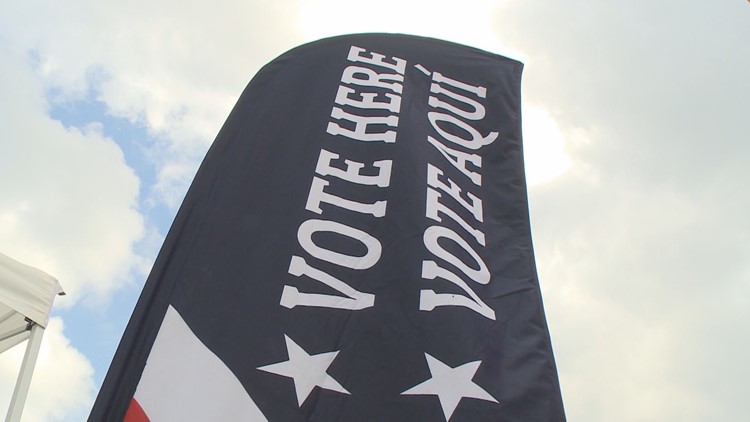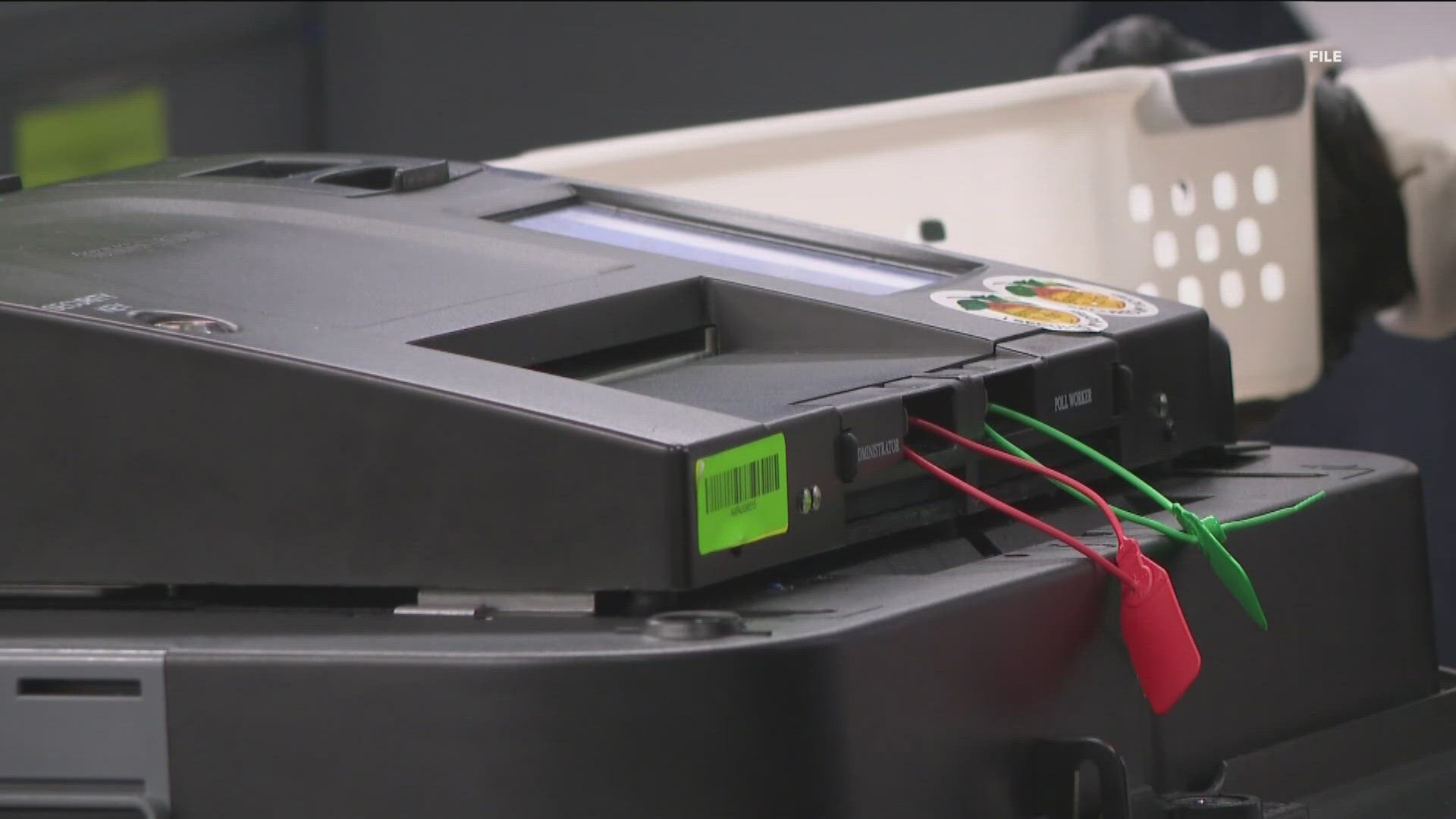ATLANTA -- What Democrats in Georgia call “voter suppression” is what Republicans call election integrity. While it’s become an issue in the governor’s race, it has been contentious for years.
When Democrats have organized efforts to register new voters, they’ve gotten some resistance from Georgia Secretary of State Brian Kemp. His office has rejected applicants whose names or addresses don’t check out. And when voters go to the polls, they have to show an ID.
Democrats have described that as voter suppression. But they’re rooted in laws enacted at the Capitol and upheld by the courts. And Kemp, running for Governor, dismisses it.
"They’re talking about all this suppression and all this ridiculous stuff," Kemp said Monday. "We have more people on the rolls than we’ve ever had, seven and a half million people. One million more than when I took office. Minority participation is up."
But some Republicans have all but admitted that voter ID laws help Republicans win elections. Some of them are documented on YouTube.
"Voter ID, which is gonna allow Gov. Romney to win the state of Pennsylvania. Done!" says a man identified as Pennsylvania House Republican leader Mike Turzai in a 2012 speech.
"We probably cut Obama by five percent, which was big. … I think voter ID probably helped a bit in that," says a man identified as Pennsylvania GOP chairman Mike Gleason in 2012.
It’s because Republican voters tend to be older, wealthier, whiter and more established than lower income and largely Democratic voters whose addresses may change more often. In public, Republicans say it’s about keeping voter rolls “clean.”
Democrats say it’s about keeping their voters out.
"I’m concerned about people being afraid of voting because of voter suppression. Voter suppression isn’t just about blocking the vote. It’s about making people afraid of being able to cast a vote," said Democrat Stacey Abrams Tuesday, who is running for Governor against Kemp.
And Stacey Abrams has used that message to rally supporters to exercise a fundamental right she says is being threatened – even though state law is behind the rules that govern voting.



